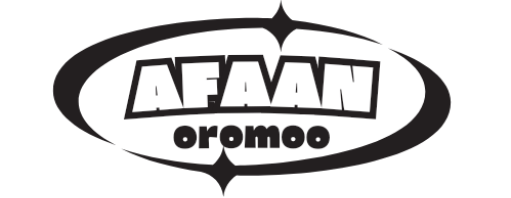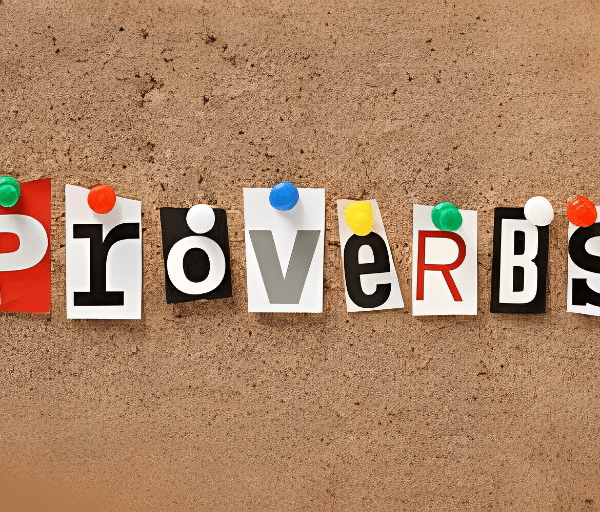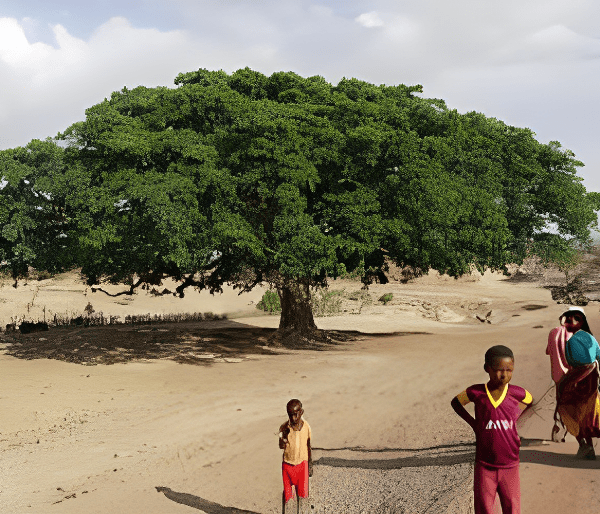Mammaaksa Oromoo durii : Oromo Elders and the Living Legacy of Proverbs
Mammaaaksa Oromo durii elders
In the fertile valleys and rolling highlands of Ethiopia, the Oromo people have thrived for centuries. Among them, elders hold a revered position, their lives etched with experience and wisdom shared through an enduring legacy: Mammaaksa oromoo durii. These potent gems of language, passed down through generations, carry the essence of Oromo culture, guiding morals, navigating conflict, and celebrating life’s triumphs.

Oromo elders, known as Abba Muda and Yaya Qallo, are living repositories of their people’s history and traditions. With wrinkled faces weathered by time and eyes sparkling with ancestral knowledge, they command respect and embody the proverb: “Qudha dhagaa dha, abba dhagaa haadhaa,” meaning “Wisdom is wealth, elders are advisors.” Their Mammaaksa oromoo durii, woven into everyday discourse, are not mere sayings, but potent tools for navigating life’s complexities.
Mammaaksa oromoo durii extend beyond mere words
These Mammaaksa oromoo durii extend beyond mere words, acting as catalysts for social harmony and conflict resolution. In the traditional Gadaa system of governance, elders mediate disputes using proverbs as guiding principles. Their pronouncements, often couched in metaphorical language, offer nuanced solutions that consider historical context and individual circumstances.
Mammaaksa oromoo durii also address matters of morality and justice. “Lafuu dha, waaqaa baroo,” or “Truth is good, God is best,” emphasizes the importance of honesty and integrity, reminding individuals that ethical conduct resonates with divine approval. Similarly, “Gaa’effannaa qudhaa, gaa’effannaa haaraa,” translated as “Unity is wealth, division is poverty,” underscores the value of social cohesion and warns against the perils of discord.

Consider the Mammaaksa oromoo, “Galatee doore, deebii baroo,” which translates to “A far land is good, but home is best.” This reminds young Oromos venturing out into the world that their roots, their families, and their cultural wisdom offer an anchor, a source of strength and identity even amidst distant challenges.
But the legacy of Mammaaksa oromoo durii transcends practical applications. They celebrate life’s simple joys, capturing the beauty of the natural world and the importance of human connection. Proverbs like “Lafuu isaa walitti, seena isaa lafa,” meaning “Good news brings friends, bad news tests them,” attest to the enduring power of friendship and shared experience.
Mammaaksa oromoo durii Culture challenges
However, the Oromo culture faces contemporary challenges. Modernization and urbanization threaten the transmission of this oral tradition. Young generations, immersed in a globalized world, may overlook the riches contained within their own heritage. It is crucial to document and share these proverbs, not just as linguistic artifacts, but as living expressions of a vibrant culture.

Through schools, cultural events, and digital platforms, the proverbs of Oromo elders can continue to illuminate the path for future generations. By embracing this precious legacy, we not only celebrate the wisdom of those who came before us, but also empower ourselves to navigate the complexities of the present and build a brighter future for all.
Certainly! Here’s the information presented in a table format:
| Mammaaksa oromoo durii |
|---|
| Ejersa halaalaarra qobboo qe’ee wayya. |
| Obsaan aannan goromsaa dhuga. |
| Fira dura bahan malee, fafa duraa hin bahan. |
| Bara bofti nama nyaate lootuun nama kajeelti. |
| Bareedde jedhanii obboletti hin fuudhani. |
| Ija laaftuun dubaraa obbolessa irraa ulfoofti. |
| Malannee bolla lama qotanne jette hantuunni. |
| Wallaalaan bishaan keessa dhaabatee dheebota. |
| “Yoo waraabessarraa hafte keenya” jette sareen, harreedhan. |
| Yaadni hamaan nama huqqisa. |
| Fuula ilaali na elmadhu jette harkuun. |
| Kan leenci naasise hindaaqoo baqata. |
| Afaan qabachuun hunda to’achu. |
| Obbolessi kan walin dhalatan qofa miti. |
| Hunda dubbatan garaan duwwaa hafa. |
| Eelan eelee dhaabbatan. |
| Afaan gaarin afaa gaari caala. |
| Kan ilkaan hin qabne akaawwii hawwatti. |
| Firri dhufe jadhanii dhabaa hin dhalanii. |
| Gowwaan bakka rafe hunda mana se’a. |
| Waan warri waarii jedhu ijoollleen waaree jetti. |
| Nyaataa fi lola abbaatu tolfata. |
| Ilmoon huntuutaa gumbii uraa haadha jalatti barti. |
| Sossobbiin madaa hin foyyessu. |
| Harree fi gadadoon nama irraa hin gortu. |
| Nama jechi hin madessine waraanniyyuu hin madessu. |
| Namaan garaan ga’atti garaan lafa nama ga’a. |
| Dubbiin baay’atetti harretti hin fe’ani. |
| Harka abbaa biraan ibidda qabun nama hin dhibu. |
| Waaqni duumessaa’e roobuu hin oolu. |
| Kan qaban qabaa hin guunnne gadhiisan bakkee guutti. |
| Kan dhiqantu nama dhiqa jatte wacitiin. |
| Namni mana tokko ijaaru citaa wal hinsaamu. |
| Mana waraaabessaatti foon liqii hin dhaqan. |
| Ariifataan hori gata. |
| Hindaaqqoon haate haatee albee ittin qalamtu baasti. |
| Namni akkaataa fardaa beeku ulee fardaa hin bobessu. |
| Abbaa dhokseetu akaakayyuu himata. |
| Yoo baay’ate dammis ni hadhaawa. |
| Warra walnyaatu jidduudhaa waa nyaatu. |
| Harki waaqni namaan qabe xurii hin qabu. |
| Ukkaamamee raafamnaan aannanu qabee cabsa. |
| Tuullamanii taa’anii waaqa ofii hin komatan. |
| Sirbaaf dhufanii morma hin qusatan. |
| Ofii jettu miyaa’i yookaan dhagaa jadhanii sigatu jedhe soogiddaan. |
| “Iyyan malee hin dhalchanii?” Jedhe kormaan hoolaa korbessa re’en. |
| Alagaa fi dukkanatti ija hin babaasan. |
| Sanyiin buqqee miiciraantu hadhaa’a. |
| Yaa cubbuu “essa dhaqxa” jannaan “bakka itti na ergan” jatte. |
| Sa’aa eegee hin qabne cirriin hin sodaattu. |
| Bobbaa yoo tolan gala tolan. |
| Du’arraan baqadhatti mana du’aa seente. |




